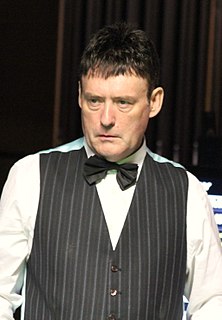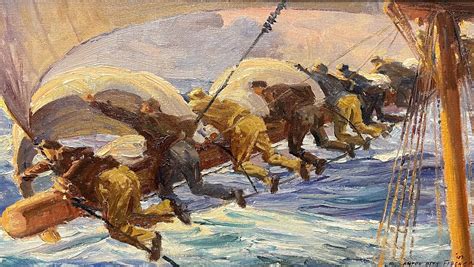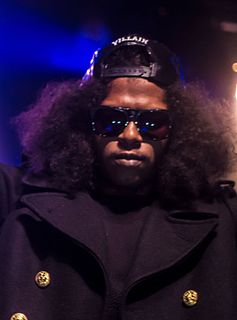A Quote by Jimmy White
I used to think of exhibitions as being practice but they are not.
Quote Topics
Related Quotes
When I was a kid, I remember I used to hide under the bed sometimes because I didn't want to go to practice. Even when I didn't want to go to practice, it could be pouring rain outside, and I'd be like, 'Yes, no practice today,' and my mom would be there, and we were still going, and we'd have practice under the pavilion.
To think that practice and realization are not one is a heretical view. In the Buddha Dharma, practice and realization are identical. Because one's present practice is practice in realization, one's initial negotiating of the Way in itself is the whole of original realization. Thus, even while directed to practice, one is told not to anticipate a realization apart from practice, because practice points directly to original realization.
I used to think that to become free you had to practice like a samurai warrior, but now I understand that you have to practice like a devoted mother of a newborn child. It takes the same energy but has a completely different quality. It's compassion and presence rather than having to defeat the enemy in battle.
You have as much computing power in your iPhone as was available at the time of the Apollo missions. But what is it being used for? It’s being used to throw angry birds at pigs; it’s being used to send pictures of your cat to people halfway around the world; it’s being used to check in as the virtual mayor of a virtual nowhere while you’re riding a subway from the nineteenth century.


































